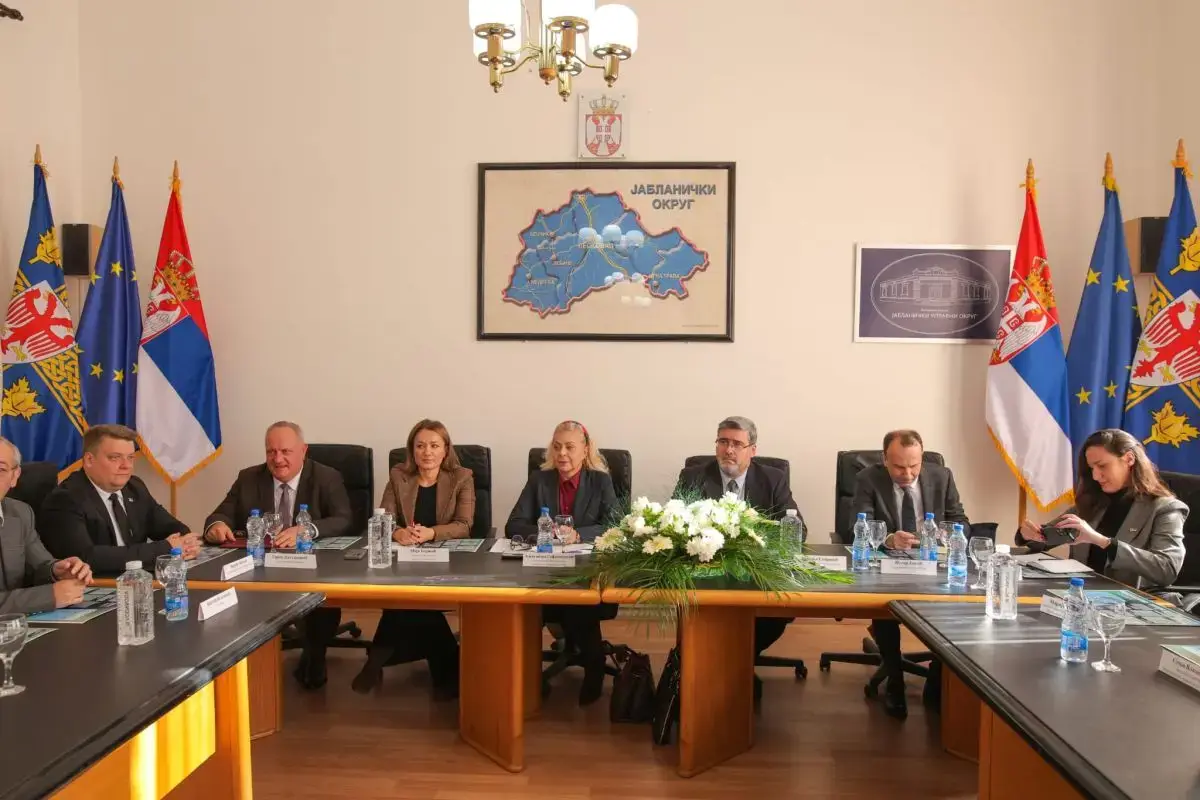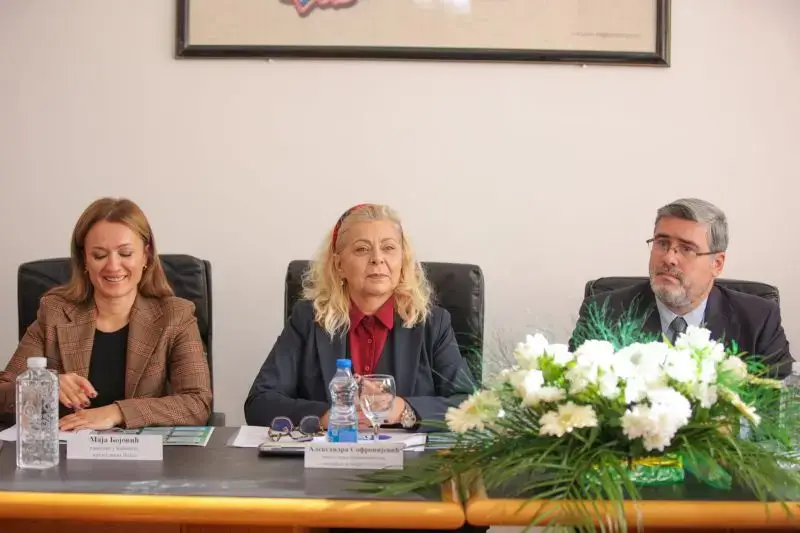The Government of the Republic of Serbia announced that a session of the Coordination Body for Monitoring the Integrated Development Projects of Serbia, implemented within the Serbia Works national platform, was held today in Leskovac.
- Serbia
Get to know Serbia
- Citizens
Culture and science
Health services
Pension and disability insurance
- Business
Employment
Economy
- Media
- Government
- Contact
Keep in touch
Keepin touch
Whether you have a question, comment, suggestion or any problem in the purview of the government, send us your message and we will try to respond as soon as possible. If your problem is not in our purview, we will forward your message to the relevant institution.
Leskovac – future capital of culture, development of southern Serbia
As stated, the integrated development of Serbia unites tourism, culture, innovation and sustainability, with the goal of bringing visitors to Expo 2027 not only to Belgrade but also to sites a few hours away from the capital through the revitalisation of cultural-historical and natural heritage sites throughout Serbia.
Expo 2027 will provide an opportunity for Belgrade to become the central point of international meetings and partnerships, but also for the whole of Serbia to showcase its cultural, economic and tourism potential.
A new cycle of development projects is planned for next year, aimed at further improving infrastructure, tourism and the economy of southern Serbia.
Planned projects include the second phase of the Hisar Hill revitalisation, construction of a fruit and vegetable storage and distribution centre in the Green Zone industrial zone in Leskovac, reconstruction of the square and the Theodora Bridge in Lebane, construction of the road across Mount Radan leading to Caričin Grad (Empress’ Town), reconstruction and extension of Sijarinska Spa and the Gejzer Special Hospital, as well as the adaptation of the Theodora Visitor Centre into a hotel, among many others.
In the coming period, integrated development activities will also focus on the eastern part of Serbia – the areas of Knjaževac, Pirot, Stara Planina (Old Mountain) and the Danube basin – whose natural, cultural and human potential represents an important resource for more balanced regional development and improving the quality of life across the country.
Many of these projects in southern and eastern Serbia are being implemented with the financial support of the European Union, representing an example of successful partnership between domestic institutions and international partners in carrying out initiatives of importance for local communities.
-
 Belgrade, 22 January 2026
Belgrade, 22 January 2026Amount of special fee to incentivise privileged electricity producers remains unchanged
-
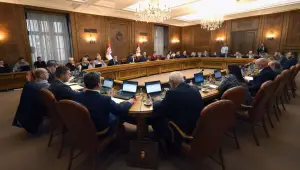 Belgrade, 16 January 2026
Belgrade, 16 January 2026Measures to mitigate consequences of severe winter weather, power grid failures
-
 Belgrade, 12 January 2026
Belgrade, 12 January 2026Non-reimbursable delivery of food products to Ivanjica, Mačva Administrative District
-
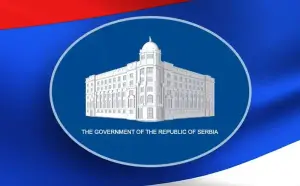 Belgrade, 9 January 2026
Belgrade, 9 January 2026Electricity supply normalised in some municipalities
-
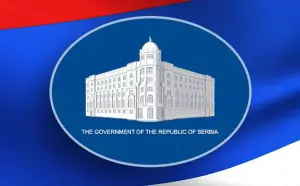 Belgrade, 8 January 2026
Belgrade, 8 January 2026All services on ground, working to eliminate consequences of severe weather
-
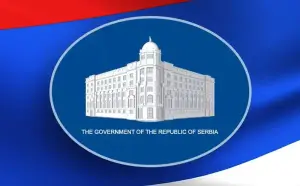 Belgrade, 30 December 2025
Belgrade, 30 December 2025Government adopts series of documents, decisions, resolutions
-
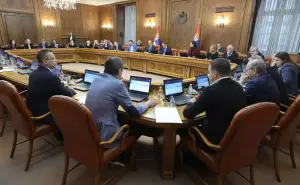 Belgrade, 26 December 2025
Belgrade, 26 December 2025Decree on incentives for improving quality of hotel accommodation adopted
-
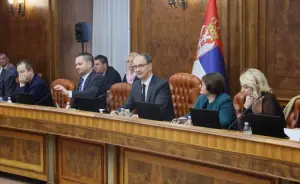 Belgrade, 18 December 2025
Belgrade, 18 December 2025Incentive for positive selection of personnel in healthcare system
-
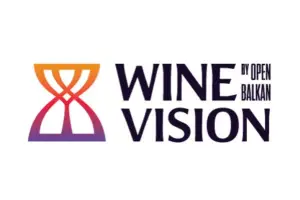 Belgrade, 12 December 2025
Belgrade, 12 December 20255th “Wine Vision by Open Balkan” fair to take place in October 2026
-
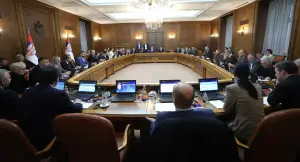 Belgrade, 11 December 2025
Belgrade, 11 December 2025Crowning insignia of King Peter I designated as cultural property of exceptional importance

